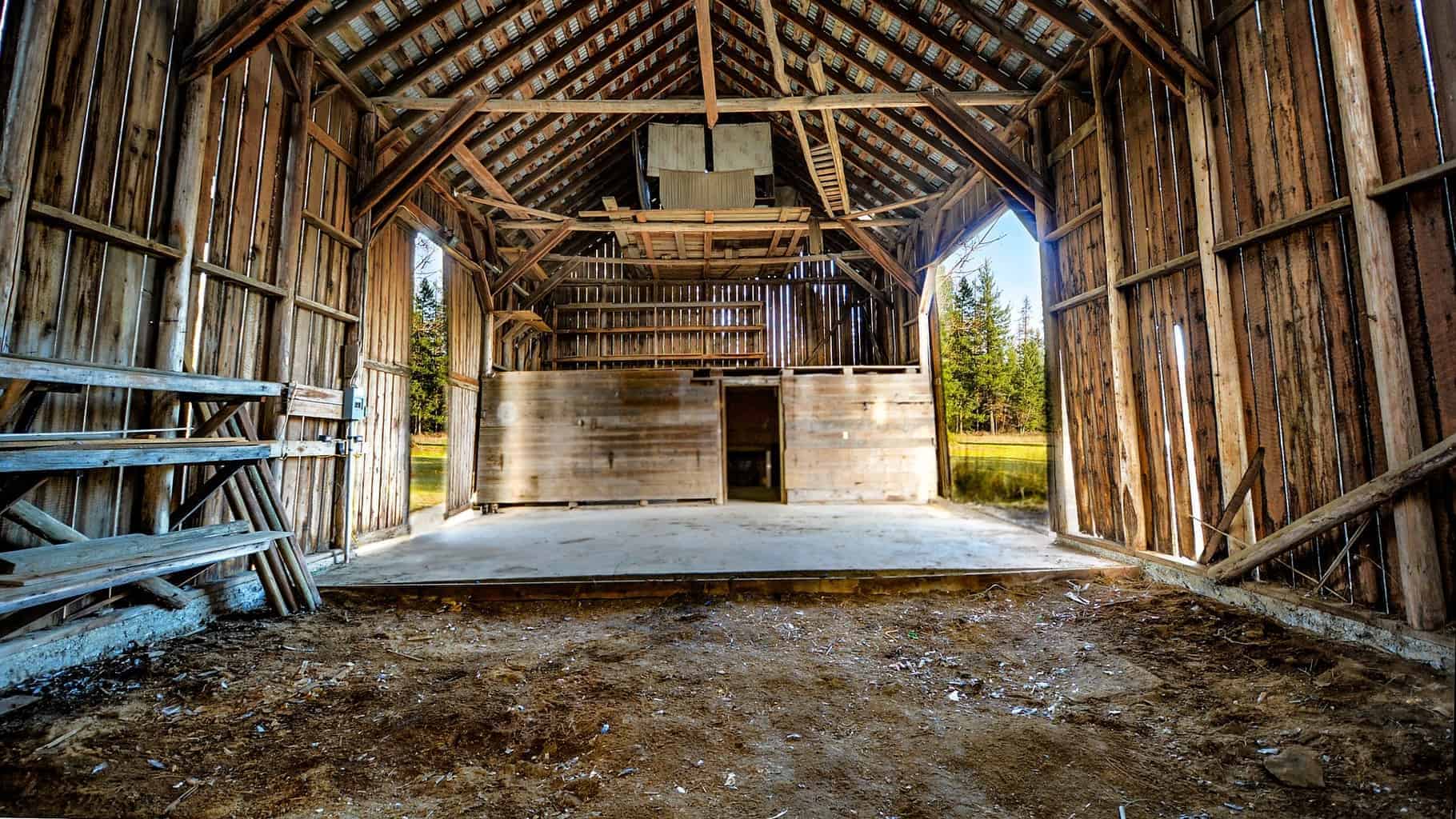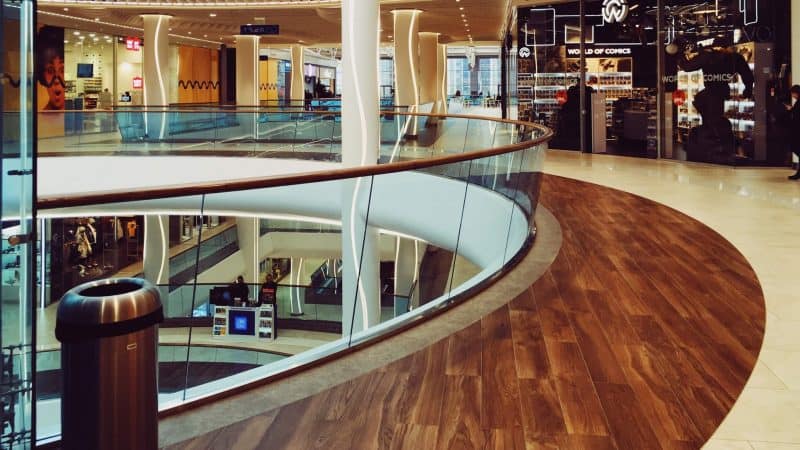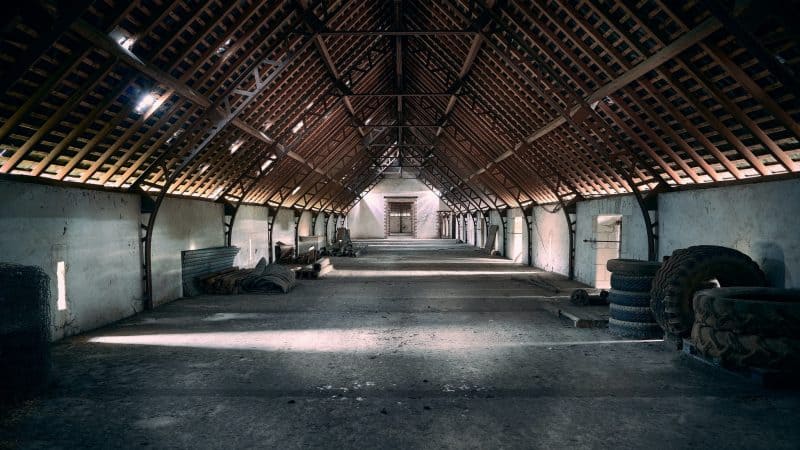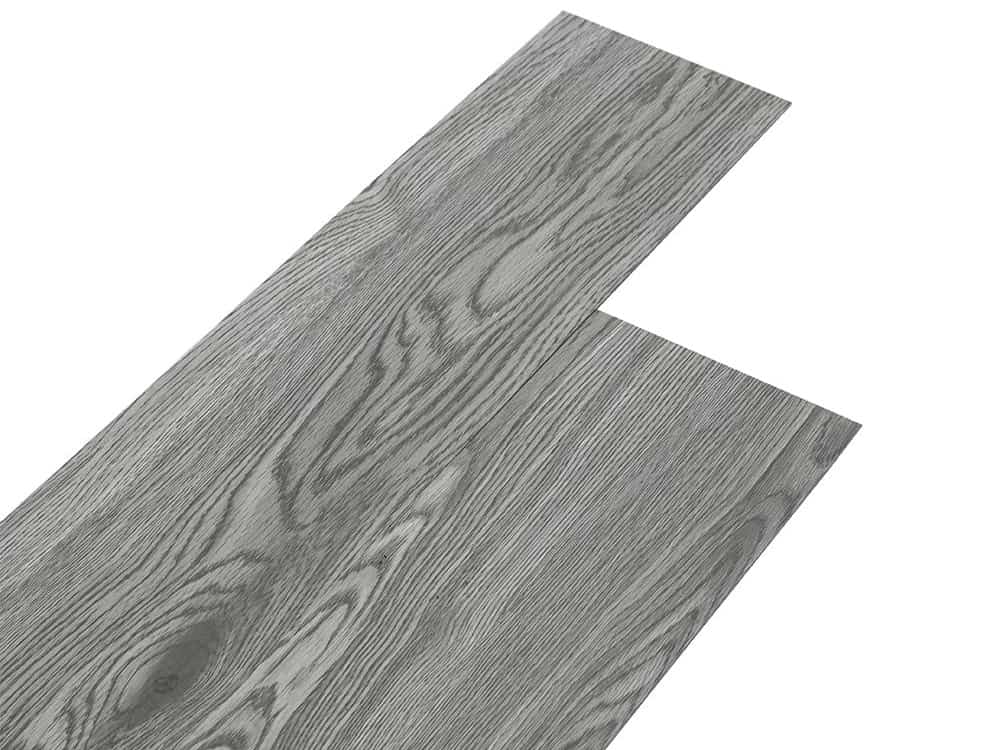For farm buildings and similar, flooring is of utmost importance: a floor that is well-designed and adapted for its function offers practicality and protection from pests and vermin. It is also invaluable in being easy to clean and dry, as well as providing durability for long-term use.
This is not flooring that you would want to have to replace frequently. In addition, it is possible to choose flooring specifically suited to a particular purpose, whether it needs to be comfortable for livestock, sloped for good drainage, thermally insulated or completely waterproof.
Ground Level Floors
In most farms, flooring tends to be of two main types: the simple ground level hard surface or a suspended floor built on joists and beams. In the first case, this is often used in animal shelters and in very basic farm buildings and is usually just tamped soil, although the level should be raised above the level outside the building (to protect against flooding) and the surface should be stabilised with some clay, lime or cement.
If greater cleanliness and hardness is sought, then cement is preferred. In fact, if properly constructed, cement floors can be used inside the home or even for grain storage. Remember though that floors which will be bearing heavy loads, such as grain or even farm machinery, need to be stronger than average, with the concrete mixture adjusted accordingly.
Similarly, if concrete floors are to be used in a slaughterhouse or a creamery, they need to be able to withstand the acid erosion which means that they need to be of a richer cement mixture, thus giving a more durable surface.
Before pouring the concrete, ensure that you have a level, tampered base of gravel or even sand, if your site is well-drained.
In some cases, fill is used above this base to raise the finished floor level high enough to prevent flooding; if this is the case, make sure that the fill does not contain any organic material, such as top soil. If your floor area is very large (greater than 10m², for example), then it is best to divide it up into bays before pouring the concrete.
This helps to prevent shrinkage cracks while the cement is ‘curing’. In some cases, when a non-slip surface is required, the concrete is “broomed” before it is thoroughly dry to give it a rough textured surface.
Suspended Floors
In some cases, farms are situated on sloping sites and too much filling would be required to create a level solid ground floor. Therefore, a suspended floor might be preferred.
This can be made of timber, in which case special attention must be given to protection against moisture, termites and other wood-loving creatures and fungus. In addition, the cavity beneath the suspended wood floor needs to be high enough to allow a person to crawl under for maintenance and repairs inspection, as well as ensuring adequate ventilation.
In most cases, the supporting pillars are also made of wood but it may be preferable to have them made from concrete, steel or even stone. Supporting beams can be made from timber, steel or concrete.
Sometimes, the entire suspended floor can be made from reinforced concrete. This has the added advantages of fire resistance and better sound insulation (something that is very lacking with timber floors).
These floors are reinforced with steel rods and distribution bars wired together at right angles or with reinforcing mesh that is made up of main rods and distribution bars electrically welded together.
It’s important to invest in something designed by a qualified structural engineer or sourced from a reliable standard design.
Floor Finishes
As can be expected, fancy finishes are not the order of the day in rural environments, mainly because the extra cost is considered unnecessary.
For most agricultural purposes, the surface of concrete or stabilised soil is sufficient. However, sometimes, special finishes can be used if the floor is to serve a particular function.
Flooring for livestock housing, for example dairy stalls, is often overlaid with Rubber which provides a non-slip, comfortable, stable surface for the animals to stand on.
It can also be power-washed and disinfected, which is a vital process when dealing with livestock. A warm, insulating material also means less chill stress.



